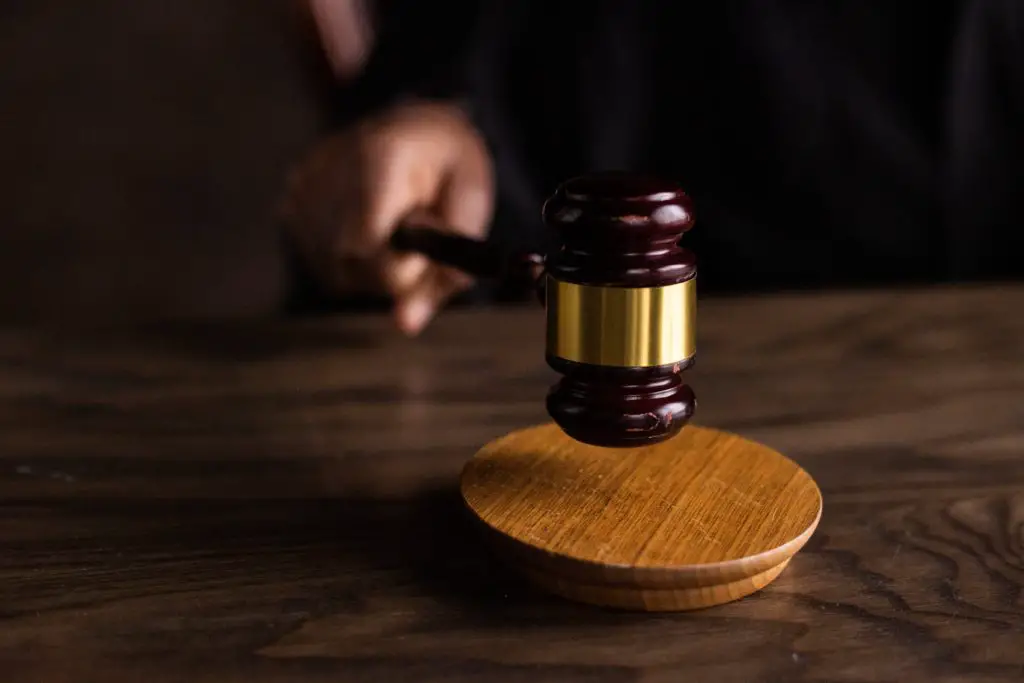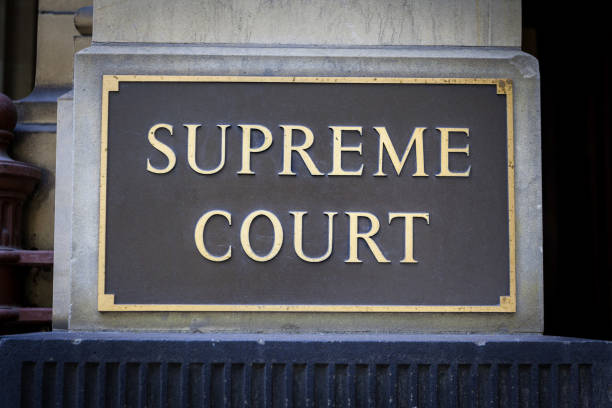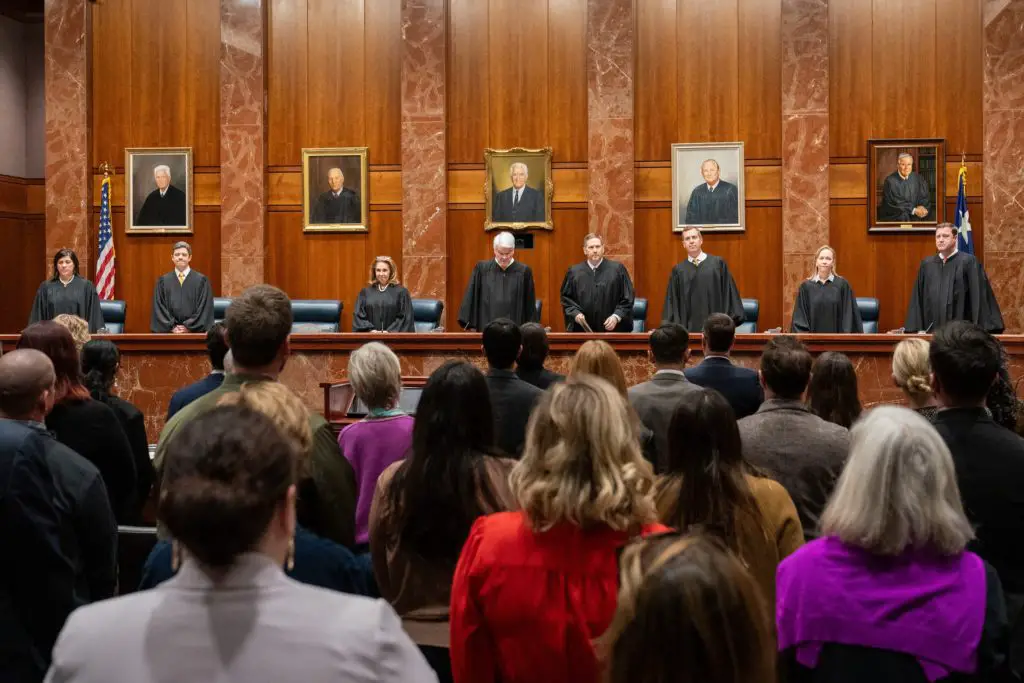Related Posts
Abortion remains a big topic in the United States. Texas currently bans the procedure, except if the mother’s life is at stake. This exception applies to 20-week pregnant Kate Cox, who faces medical issues from her pregnancy and requires an abortion to save her life. She received approval from a lower court. However, the Texas Supreme Court suspended the approval despite the fetus having a fatal diagnosis.
The state’s attorney also threatened to prosecute any doctor who does an abortion for Cox until the courts reach a decision.

This article will closely examine this breaking story. We will explore the legal decision, its medical implications, and more. Read on!
About Kate Cox and Her Medical Issue
Kate Cox is a 32-year-old woman who lives in Austin, Texas, and works as a software engineer. She is married to Mark Cox and has a 3-year-old daughter and a 1-and-a-half-year-old son. The family was overjoyed with the news of their upcoming second child, a girl, as they looked forward to expanding their family.
Their happiness turned into horror when they learned that their baby had a congenital disability called Trisomy 18. Trisomy 18 is a deadly genetic condition that causes severe physical and mental abnormalities
Kate’s doctors told her that continuing the pregnancy would pose severe risks to her health and fertility. This is because she could suffer from infections, bleeding, pre-eclampsia, or even death. She could also lose her ability to have more children in the future. Therefore, they advised her to terminate the pregnancy.
The issue, however, is that Texas is one of the most restrictive states in the US when it comes to abortion. The state bans abortions unless the mother’s life is in danger. However, the law does not define what constitutes a life-threatening condition. This leaves it up to the interpretation of the courts.
Supreme Court Halts Life-Saving Medical Procedure
Kate applied for a judicial bypass, which allows people who face a medical emergency to obtain an abortion. She argued that her condition met the criteria for a life-threatening situation and that she had the right to make her own medical decisions.
A lower court judge agreed and approved the request to have an abortion. However, the state’s attorney general appealed the decision. He asked the Texas Supreme Court to intervene. This resulted in them halting the procedure until they reviewed the case.
Kate and her lawyers were outraged by the Supreme Court’s decision. They said that it violated her constitutional rights and endangered her health. They also noted that the state’s abortion ban was inhumane. This, they said, was because it forced women to carry pregnancies that would result in the loss of lives.
They filed an emergency motion to lift the suspension and asked the Supreme Court to expedite the case. They also appealed to the public for support and awareness. Lastly, they launched a crowdfunding campaign to cover their legal fees and medical expenses.
The Supreme Court has not yet announced whether it will hear the case or issue a final ruling. Meanwhile, Kate says she remains pregnant and in pain, waiting for a chance to end her suffering and save her life.
Why The Supreme Court Halted The Abortion
According to multiple sources, the Texas Supreme Court’s decision to halt Kate’s abortion was based on the state’s argument that the lower court judge had abused their discretion. Essentially, they claimed that Kate’s condition was not life-threatening. They also said that she had not exhausted all other options before seeking an abortion.
The state also argued that the fetus had a right to life and that the state had a compelling interest in protecting it. The state cited the Texas Constitution, which states that “every human being is entitled to the respect and protection of the law from the moment of conception until natural death.”
During this period, the state’s attorney general also warned that any doctor who performed an abortion for Kate would face criminal charges and civil lawsuits. “Nothing can restore the unborn child’s life that will be lost as a result,” the filing said.
They argue that Kate’s abortion would violate the dignity and sanctity of human life. They also said it would send a message that some lives are worth more than others.
Challenges Against The Supreme Court
Kate’s lawyers and some pro-choice groups challenged the state’s argument. They said that the Supreme Court’s decision was unconstitutional and unjust. The views stated that Kate’s condition was indeed life-threatening and that she had the right to make her own medical decisions.
They also argued that Kate’s abortion would not violate the dignity and sanctity of human life but rather respect it. Essentially, Kate’s abortion would spare her and her family from unnecessary suffering and grief, and it would recognize her autonomy and agency.
Verdict on Kate Cox’s Abortion
The court gave its verdict on Kate Cox’s abortion, issuing a 4-3 ruling on December 13, 2023. This verdict denies Kate’s request to terminate her pregnancy despite the situation.
The majority opinion, written by Justice Eva Guzman, stated that the lower court judge had “erred” in granting the temporary restraining order and that Kate had failed to show that her condition was “imminently life-threatening.”

It’s also worth noting that the Texas Attorney General, Ken Paxton, spoke to the state’s high court about Kate’s fertility risk and fatal fetal abnormality. He claimed that these issues aren’t valid reasons for an abortion since it doesn’t qualify as a life-threatening condition for the woman.
On the other hand, Justice Brett Busby argued that the majority had ignored the medical evidence that showed that Kate’s condition was dangerous and irreversible. They argued that this decision violated Kate’s constitutional rights to privacy, liberty, and equal protection.
Nevertheless, Kate and her lawyers expressed their disappointment and outrage at the ruling, saying they would appeal to the U.S. Supreme Court as soon as possible.
Conclusion
Cox’s fetus has trisomy 18, which is a deadly genetic condition that kills most fetuses before birth or within the first month of life. Some rare cases may survive longer, but they usually have serious health problems and disabilities.
Cox argues that if she doesn’t get an abortion, she may experience more complications during her pregnancy, such as preterm labor, bleeding, infection, or preeclampsia. She alleges this doesn’t include the emotional distress, depression, anxiety, or trauma from carrying a nonviable pregnancy.
Nevertheless, Kate and her lawyers say they are determined to convince the Supreme Court of the emergency with an appeal. This is a case that all sides are watching carefully.

